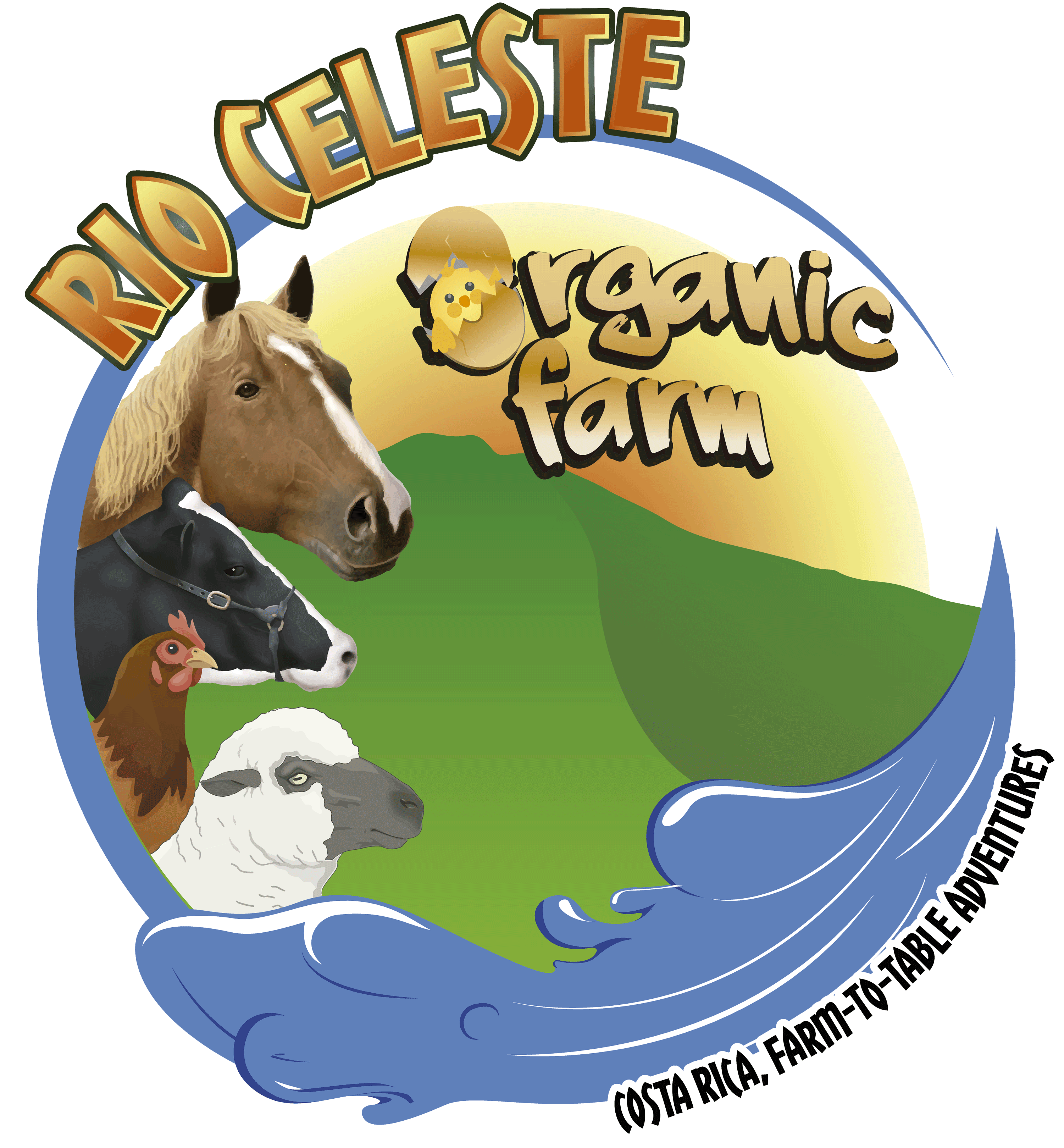
Farm-to-table (or farm-to-fork) refers to the stages of the production of food: harvesting, storage, processing, packaging, sales, and consumption.[1] Farm-to-table also refers to a movement concerned with producing food locally and delivering that food to local consumers. Linked to the local food movement, the movement is promoted by some in the agriculture, food service, and restaurant communities. It may also be associated with organic farming initiatives, sustainable agriculture, and community-supported agriculture.
Many farm-to-table advocates cite the works of Wendell Berry, Wes Jackson, Michael Pollan, John Jeavons, Alice Waters, Joel Salatin, Barbara Kingsolver, Erik Manning and others in their preference for the freshest ingredients and in their attempts to educate their customers about the link between farmers, farm communities, ancient food-production practices, and the food we eat. Increasingly, the public backlash against genetically modified organisms in our food supply has added a note of political activism to what had been, until recently, a largely aesthetic movement. Farm-to-table restaurants may buy their produce directly from farmers, usually local. In a few cases, the restaurants and farms may be owned and operated by the same people. The farm-to-table movement has arisen more or less concurrently with recent changes in attitude about food safety, food freshness, food seasonality, and small-farm economics. Advocates and practitioners of the farm-to-table model frequently cite as their motivations the scarcity of fresh, local ingredients; the poor flavor of ingredients shipped from afar; the poor nutritional integrity of shipped ingredients; the encroachment of genetically modified foods into the food economy; the disappearance of small family farms; the disappearance of heirloom and open-pollinated fruits and vegetables; and the dangers of a highly centralized food-growing and -distribution system.
Among the first vocal and influential farm-to-table businesses were: Chez Panisse restaurant in Berkeley, California, Herbfarm in Washington, Bon Appétit Management Company based in Palo Alto, California, and The Kitchen in Boulder, Colo.. In the last few years the number of farm-to-table operations has grown rapidly.
Recently, some food and agriculture writers have begun to describe a philosophical divide among chefs: the "food-as-art", or, in some cases, "molecular gastronomy" camp, including Ferran Adrià and Grant Achatz have increasingly focused on "food made strange", in which the ingredients are so transformed as to be surprising and even unrecognizable in the final food product. The farm-to-table chefs, on the other hand, have increasingly come to rely upon extremely fresh ingredients that have been barely modified, sometimes presented raw just a few feet from where they grew. Generally, the farm-to-table chefs rely on traditional farmhouse cooking, and may refer to their preparations as "vernacular food" or "peasant food", with its emphasis on freshnesssea, sonality, local availability, and simple preparations.
Based on these concepts and the need to create a pleasant and harmonious place with the environment for visitors to the Tenorio Volcano National Park, our goal is to offer this concept in our restaurant.







